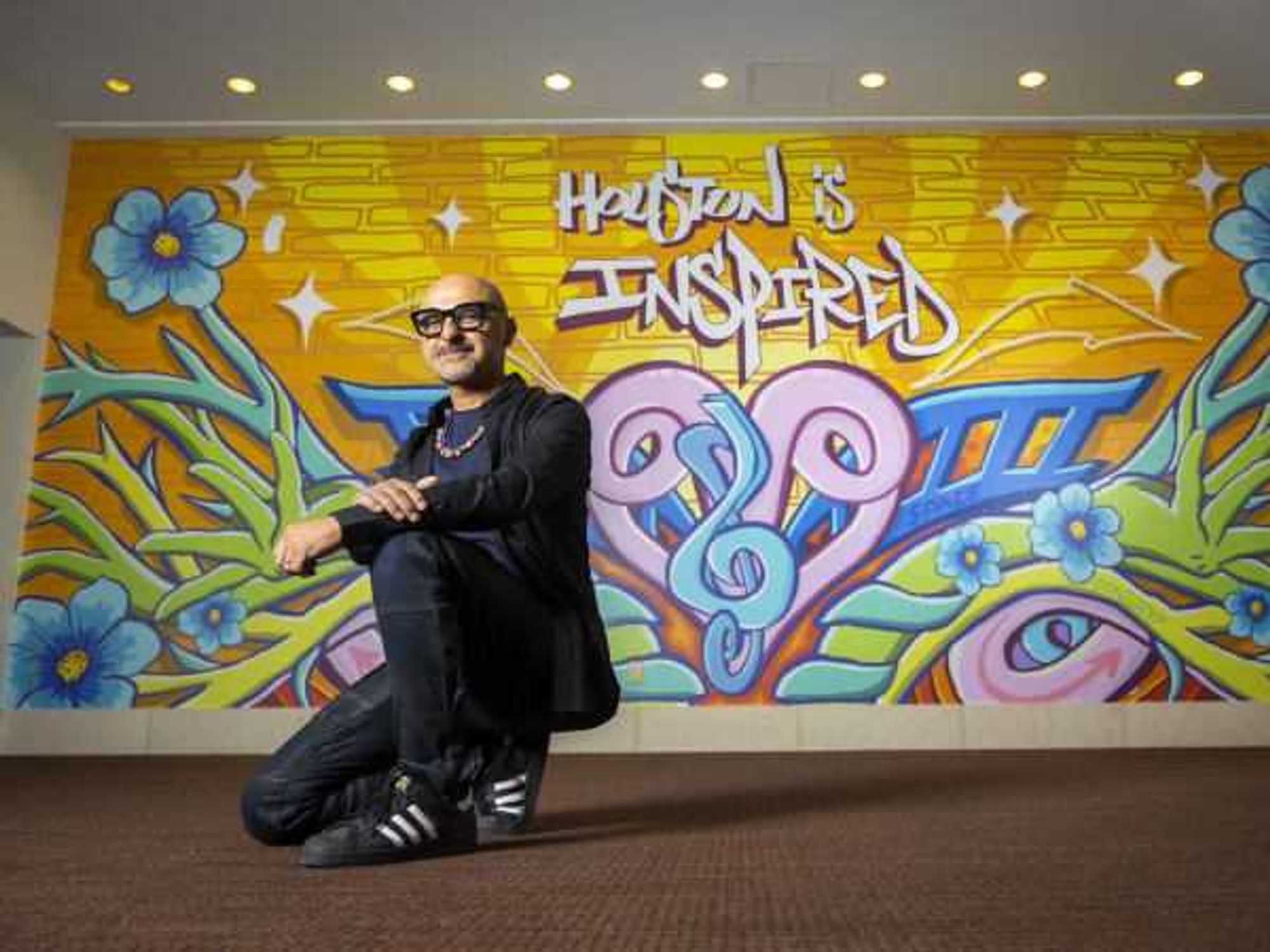The Review Is In
A Houston Grand Opera high note: Rigoletto brings sublime moments and a new sensation
Verdi’s Rigoletto is a tragedy about comedy. As the agonizing events surrounding a curse placed on the Duke of Mantua and his hunchback court jester unfold, there is constant speculation on levity.
Rigoletto worries that men could violate his daughter, “and then laugh at her,” he sings. Later on, he pleads to the scheming courtiers for pity following a prank, saying, “It was a joke! See — I’m laughing too!”
Of course, he’s not really laughing, and nobody is by the conclusion, when Count Monterone’s curse comes to fruition. It’s the cloying tension between clowning around and the deadly serious, however, that makes Rigoletto one of the most popular and poignant works in the operatic repertory. It’s certainly not the only opera centered on clowns. Leoncavallo’s Pagliacci is solipsistic; Rigoletto is an unconditional masterpiece, even if occasionally overwrought.
According to Operabase, Rigoletto is the ninth most popular western opera.
The austere but effective production currently at Houston Grand Opera, with set design by Michael Yeargan, costumes by Peter J. Hall, and lighting design by Stephen Strawbridge, is a co-production with Dallas Opera. I saw it there three years ago, and the singing and acting was outstanding. According to Operabase, Rigoletto is the ninth most popular western opera.
I don’t dispute the database, since it’s an opera I’ve been watching regularly for nearly four decades. I don’t mind it showing up at least every three years for the rest of my opera-going days. And Houston Grand Opera’s performance Friday night at the Wortham got me thinking about how much has changed since I was a bright-eyed high school student seeing Rigoletto for the first time.
How much has improved since then. And how much is lost.
Opera could only improve as time progresses, right? Not necessarily. As I’ve written before, during my early experience of opera (gained mostly in New York, Connecticut and Budapest), acting wasn’t of great magnitude.
The singers made their entrances, and then they sang. Maybe they used a few hand gestures or stared somebody down. But nobody in the audience really cared if the blocking was messy or the singers focused more on a kind of overall deportment.
To be sure, we were watching more closely, because there weren’t any surtitles, subtitles, or little monitors on the back of the seats like at the Metropolitan Opera. Am I saying they shouldn’t be there today? Not at all. Surtitles enhance my enjoyment of opera, especially the ones I don’t know very well. But they simply weren’t an option back in the day, and their absence forced one to study up a bit before the big night or risk being completely bored or just plain lost.
Believe me, Das Rheingold with surtitles is a good thing.
I mention all of this because the quartet in the third act of HGO’s Rigoletto was, at least on Friday night, the greatest moment of the company’s current season. Stephen Costello as the Duke of Mantua, Carolyn Sproule as Maddalena, Ryan McKinny at Rigoletto and Uliana Alexyuk as Gilda stood across the front of the stage and sang the miracles of mid-career Verdi. It was a complicated, sublime moment.
Rigoletto Unmasked
Earlier passages were hit or miss. Alexyuk took a while to warm up, meaning that her Caro nome in Act I was underwhelming. And why was she stretched out on the floor of the balcony for her cadenza? A director’s mistake, muffling the high-point of this celebrated aria. McKinny, who made such a favorable impression as Kurwenal in last season’s Tristan und Isolde, had a cloudy voice throughout the first and second acts.
Costello, in his HGO debut, was the sensation of the night, starting strong and finishing brilliantly.
It was as if his costume was restricting his freedom, at least until the third act. Sproule was emotionally vivid and her pitch exacting in this smaller, third-act role. She made a great impact in a short time.
Costello, in his HGO debut, was the sensation of the night, starting strong and finishing brilliantly. I would have like his aria La donna è mobile to have been a bit slower, only so that I could have savored every note a moment longer. Costello is hot item right now, and I understand why. If you liked him as much as I did, you might want to pick up the new DVD of Jake Heggie’s Moby Dick by San Francisco Opera. Costello sings the role of Greenhorn.
Having seen this production in Dallas, I knew what to expect, and I will say that it is very much in keeping with the current style of minimal, somewhat archetypal stage design that mutates as the opera progresses. It was not to the liking of everyone in my company on Friday, but it works for me. The painterly image that collapses into itself is, I feel, an effective metaphor for Verdi’s theme.
Special mention should be given to baritone Reginald Smith Jr. As Marullo. His exclamation of povero Rigoletto! in the second act was filled with chilling clarity and rare emotion. Watch for him later this season in HGO’s Carmen. And HGO’s chorus, particularly when mimicking a rising storm in the third act via Verdi’s skillful chromatic fragments, was thrilling.
